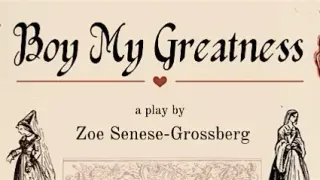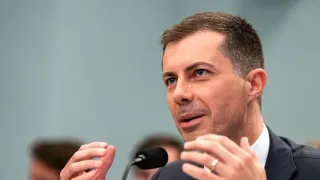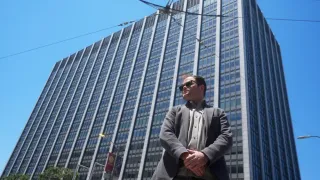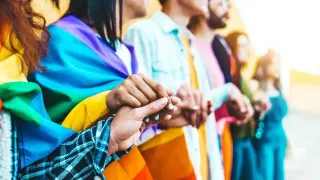
3 hours ago
Pope Leo Affirms Dignity of LGBTQ+ Catholics, Maintains Traditional Church Doctrine
READ TIME: 3 MIN.
In a wide-ranging interview published on September 18, 2025, Pope Leo reaffirmed the Catholic Church’s stance of openness to LGBTQ+ individuals, conveying that “everyone’s invited in” and emphasizing the inherent dignity of all people regardless of their sexual orientation or gender identity. However, he also made clear that the church’s doctrinal teaching on marriage as between a man and a woman remains unchanged for the foreseeable future .
Speaking with America Magazine, Pope Leo stated, “What I’m trying to say is what Francis said very clearly when he would say, ‘todos, todos, todos.’ Everyone’s invited in, but I don’t invite a person in because they are or are not of any specific identity. I invite a person in because they are a son or daughter of God” . This approach mirrors that of his predecessor, Pope Francis, who became known for his inclusive rhetoric regarding LGBTQ+ people throughout his papacy.
Despite this affirming language, Pope Leo was explicit that the Catholic Church’s core teachings on marriage and sexuality are not expected to change in the near future. “The doctrine on LGBT people is not going to change,” Pope Leo said in a recent public statement, reinforcing the longstanding position of the Vatican . The Pope underscored that the Church continues to see marriage as a lifelong union between one man and one woman, open to procreation .
While some LGBTQ+ Catholics had hoped for doctrinal reform—such as recognition of same-sex marriages or changes to teachings on gender identity—Pope Leo’s comments suggest that the Church will maintain its current theological framework, even as it seeks to increase pastoral outreach and reduce exclusionary practices .
This dual approach—affirming the dignity of LGBTQ+ people without altering official doctrine—has prompted mixed reactions within the global queer Catholic community and among advocates for LGBTQ+ rights in religious contexts. Many have expressed relief that the Vatican is not reversing the more open, pastoral tone established under Pope Francis. “LGBTQ Roman Catholics are expressing relief that Pope Leo XIV hasn't disavowed his predecessor's change of tact on homosexuality,” reported The Bay Area Reporter, noting that some see continuity as a positive sign .
At the same time, prominent Catholic advocates have cautioned that words alone are not enough. Sister Jeannine Gramick, co-founder of New Ways Ministry, commented, “Leo has publicly stated that he will continue the path of his predecessor regarding LGBTQ+ ministry. Yet, much remains to be seen” .
For many LGBTQ+ Catholics, the Pope’s remarks are a source of cautious hope—evidence that the Vatican is at least committed to dialogue and pastoral care, even if real change remains elusive. “The fact that the pope is even talking about us with respect means a lot, especially for those of us who have felt rejected by the Church for so long,” said Miguel R., a member of a queer Catholic group in Madrid .
However, activists stress that the lack of doctrinal reform means that discrimination and exclusion persist in many Catholic communities and institutions. Churches in various countries continue to bar LGBTQ+ individuals from leadership roles, deny same-sex couples access to sacraments, and oppose legal protections for transgender people .
Pope Leo’s statements are likely to have a global impact, given the Catholic Church’s influence over 1.3 billion followers worldwide and its significant presence in regions where LGBTQ+ rights remain contested. While the pope’s outreach may help reduce stigma and foster dialogue in more conservative contexts, critics argue that the refusal to update church teachings on marriage and sexuality ultimately limits progress toward full inclusion .
Looking ahead, advocates for queer Catholics are calling on the Vatican to back up its welcoming words with meaningful action. This includes supporting legal protections for LGBTQ+ people, ending discriminatory practices within Catholic institutions, and opening up greater roles for women and queer individuals in church leadership .
Until then, Pope Leo’s message of dignity and respect, while important, remains only a step on a much longer journey toward equality and acceptance for LGBTQ+ Catholics.






